Concept Mapping of Science Topics
Have you wondered about the benefits concept mapping science topics has on your students’ learning? Concept maps help students see the big picture and help them to visualize relationships. They help reveal connections and are great for processing large amounts of information.
What is concept mapping in science?
Concept maps for science encourage students to organize information and make connections between terms, concepts, and ideas. In a 2009 study done by Paul Lubberts, he states that “Science curriculums often contain concepts and vocabulary that students are expected to memorize through reading and listening to lectures. Unfortunately rote learning is often short term without a complete understanding. Concept maps are designed to use a cognitive structure of hierarchical organization with more general concepts occupying higher levels and more specific concepts at lower levels.” (Lubberts, 2009) Click here to read the entire study.
Concept Maps for Biology
Biology concepts have a lot of vocabulary and terminology that can often be compared to learning a foreign language. By using concept maps in biology students can draw connections and learn through understanding rather than memorize vocabulary.
An example of concept mapping is to give students a diagram that has pictures on it with arrows and words where students have to fill in the blanks using a word bank. This allows students to use their notes possibly even do some research and fill in the terminology while allowing them to make connections.
I challenge you to give concept mapping science topics a try. You can use them for reviewing content you have already covered or even use them to introduce concepts.
When you do try them out, come back here and let me know how it went and if your students retained the information better than memorizing terminology.

-
Save
Want these concept maps for biology? Then check them out here!
Cell transport review worksheet
If you like this, then check out…
Classroom Using Concept Maps Science
Concept Maps in the Science Classroom
Cited Source:
Lubberts, Paul T., “Concept Maps in the Science Classroom” (2009). Mathematical and Computing Sciences Masters. Paper 1.
Share via:

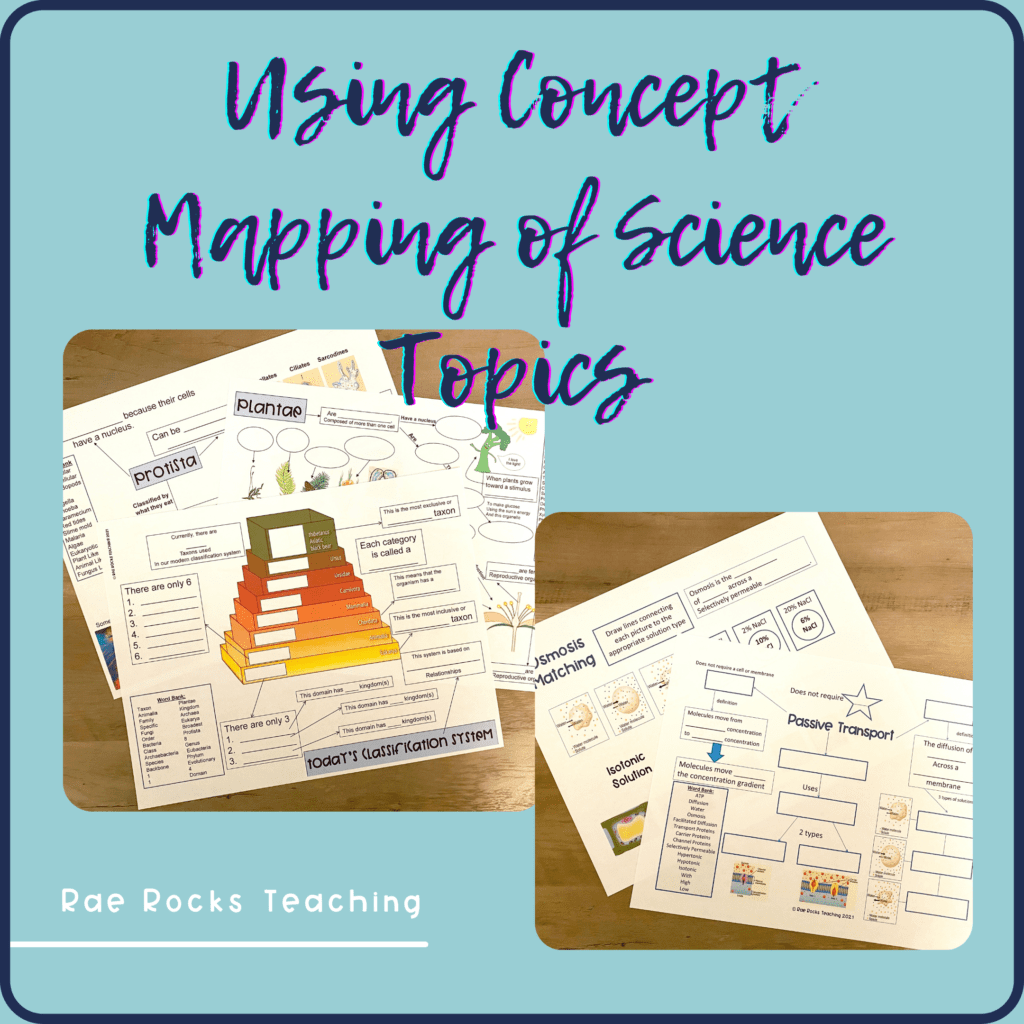
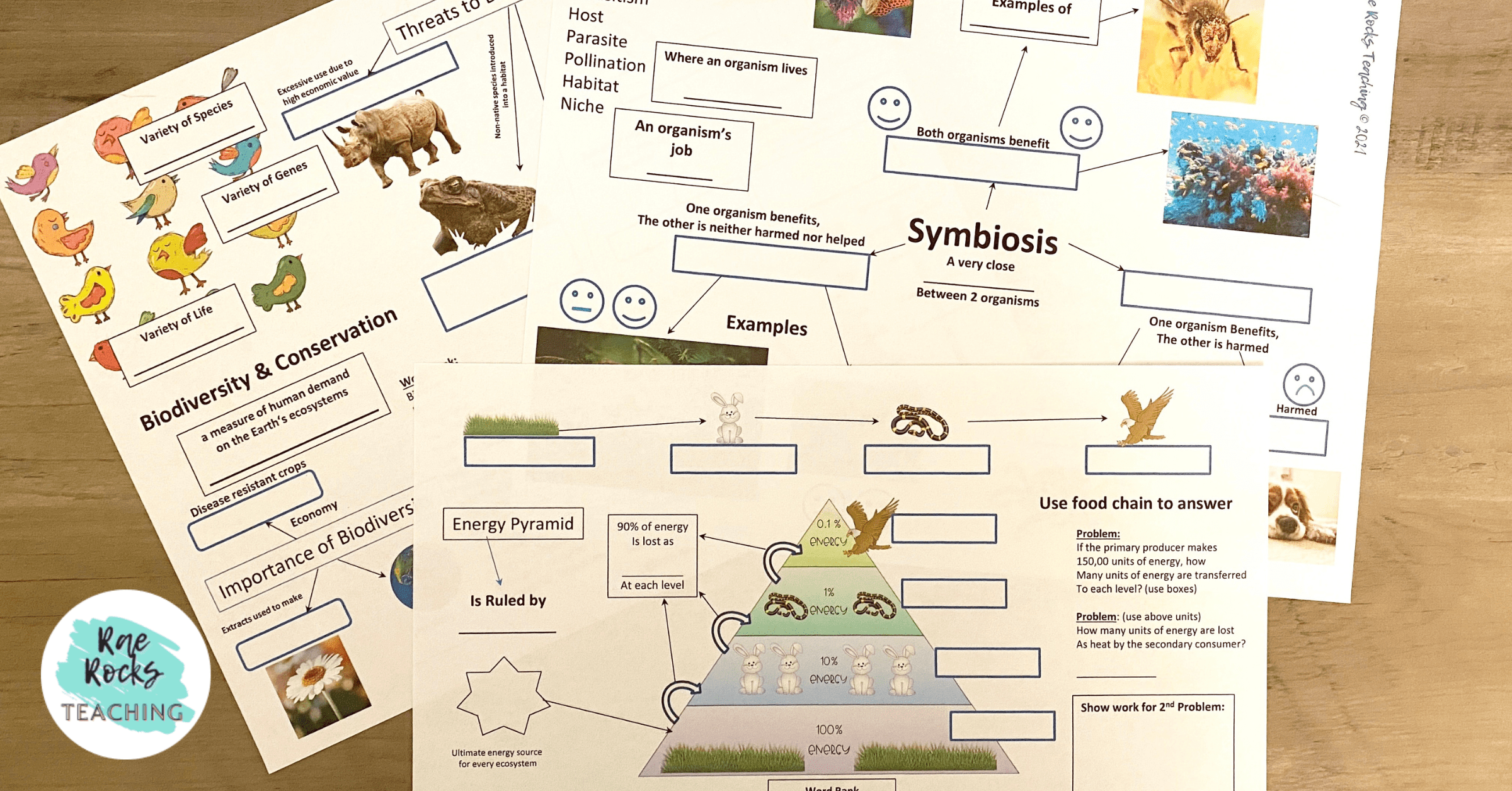
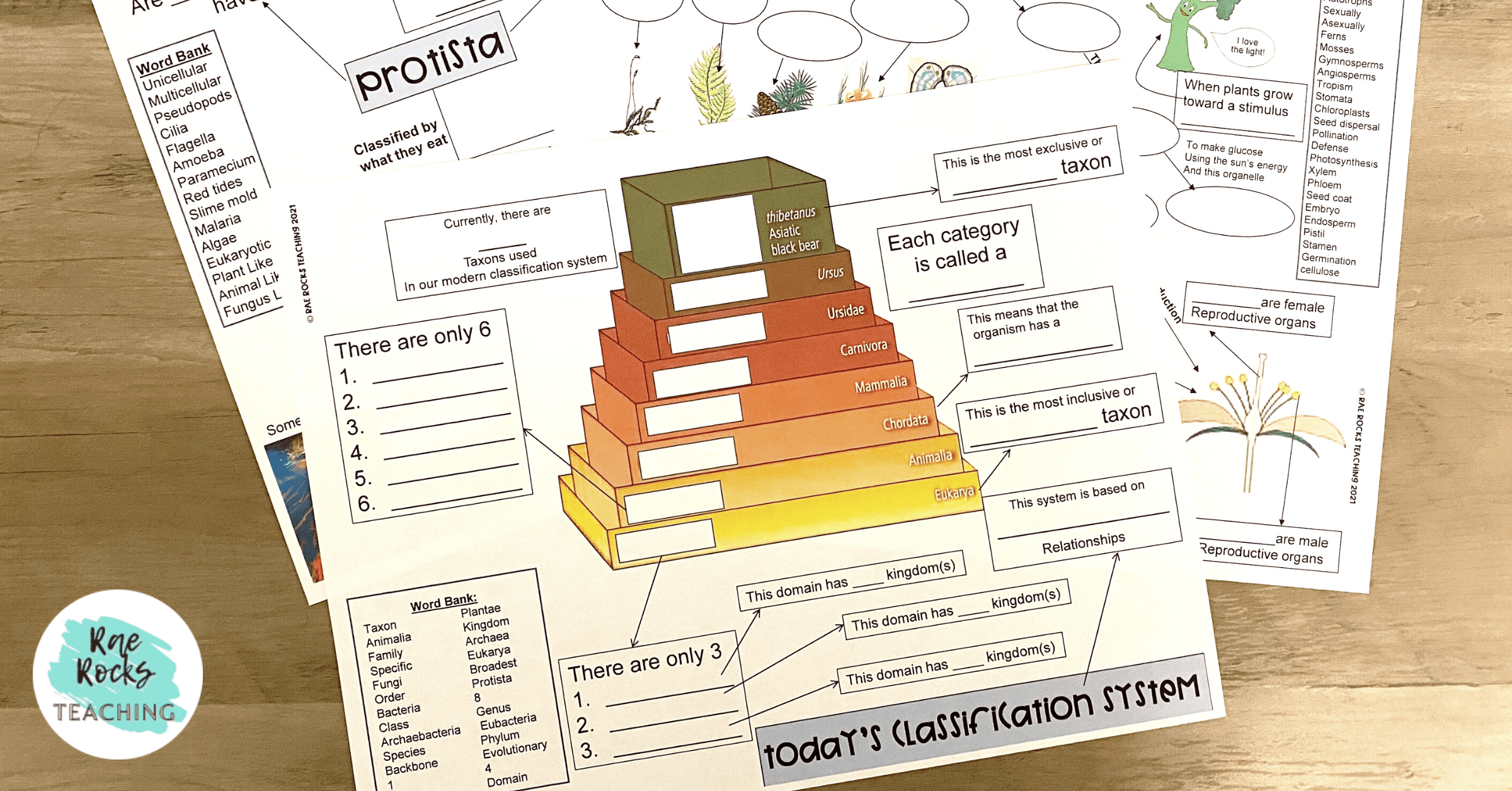
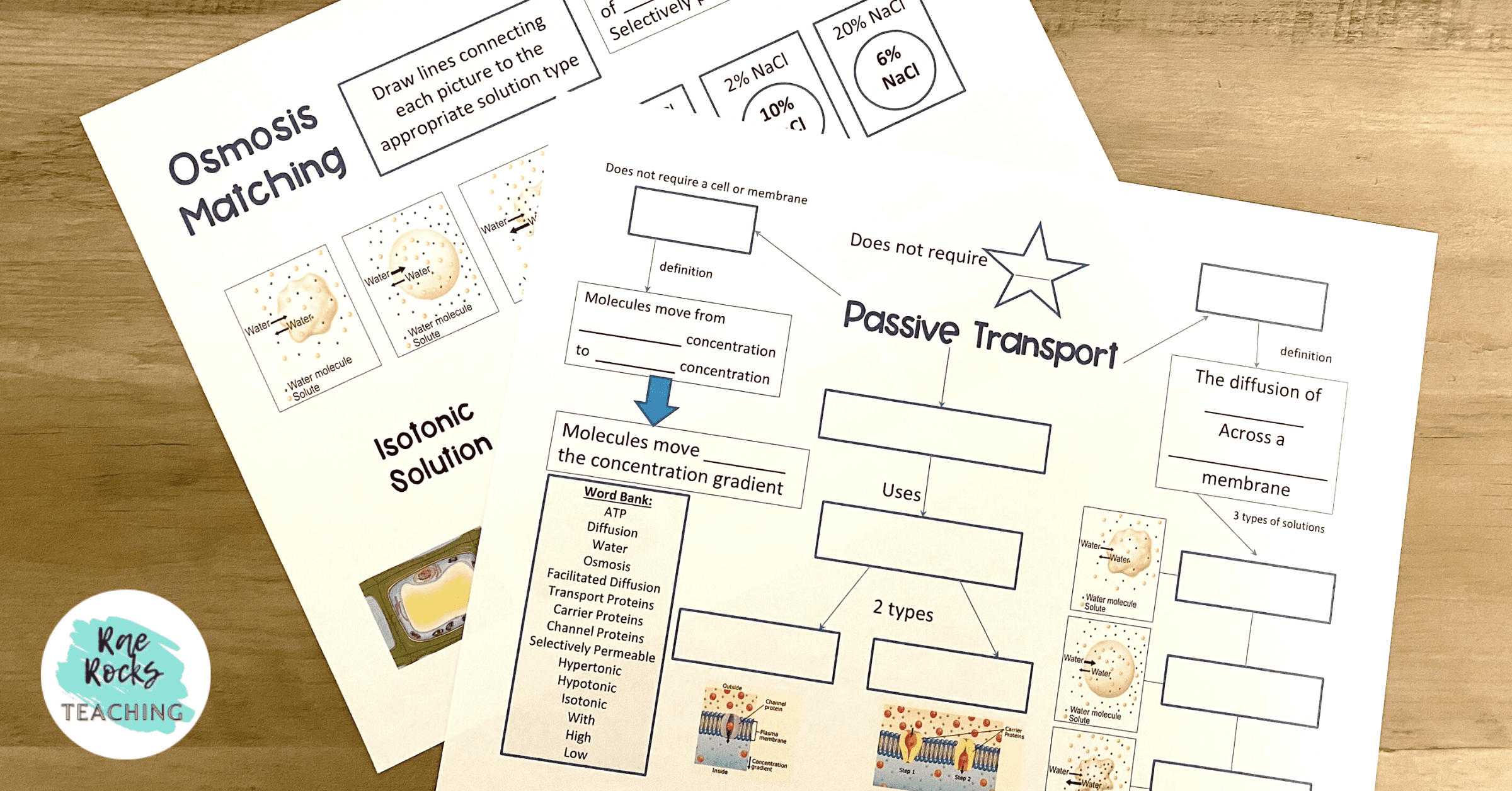
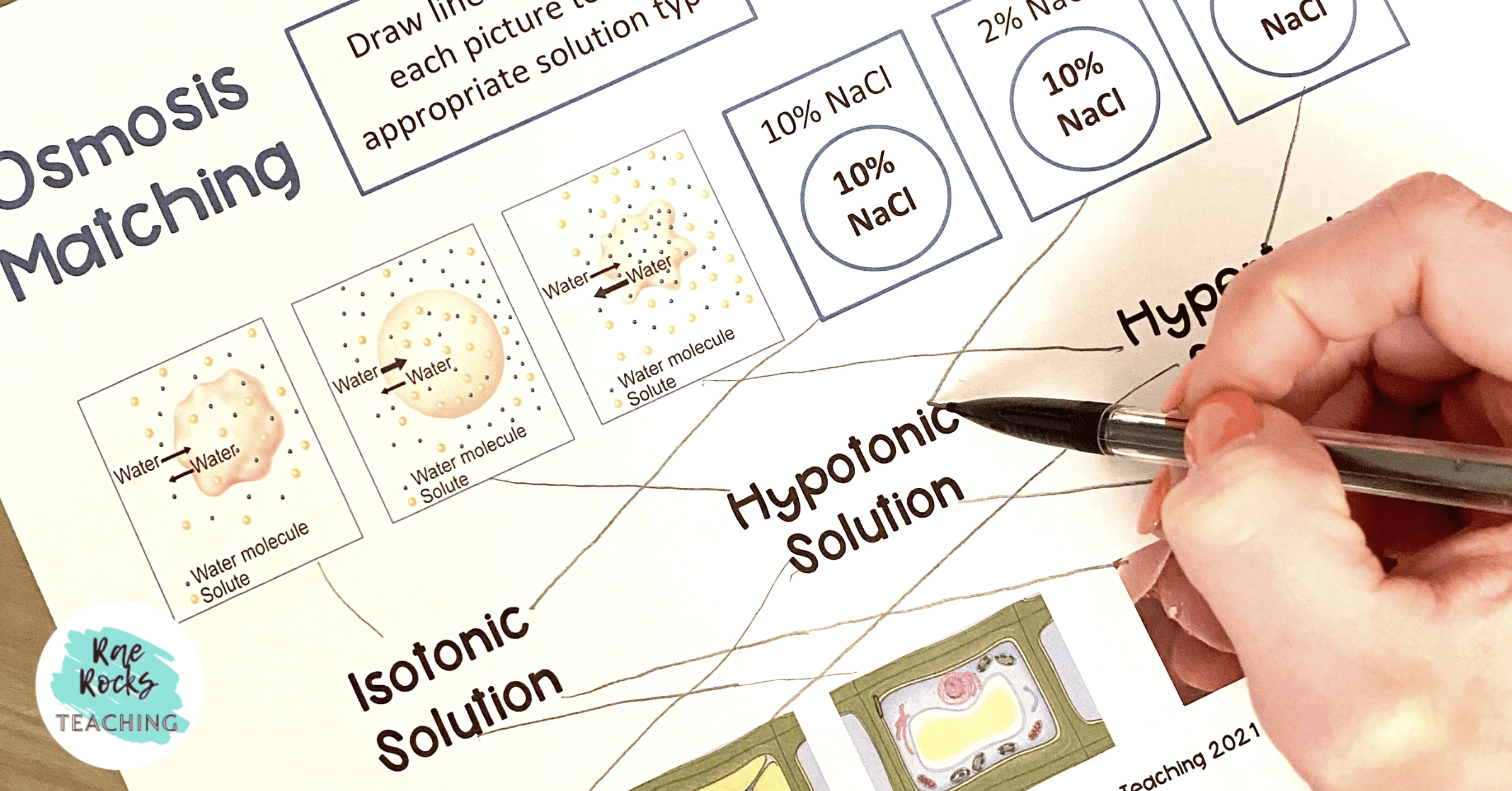







3 Responses